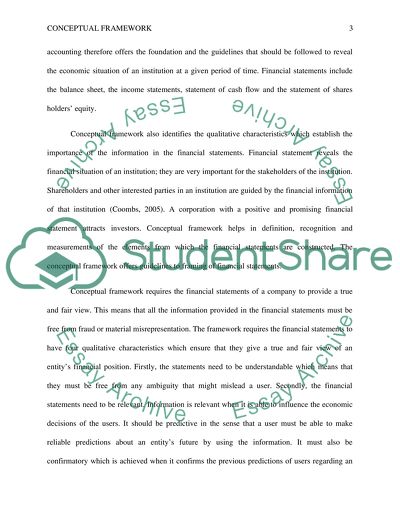Cite this document
(“Developing a Conceptual Framework is an Impossible Possibility Essay”, n.d.)
Developing a Conceptual Framework is an Impossible Possibility Essay. Retrieved from https://studentshare.org/finance-accounting/1463056-developing-a-conceptual-framework-is-an-impossible
Developing a Conceptual Framework is an Impossible Possibility Essay. Retrieved from https://studentshare.org/finance-accounting/1463056-developing-a-conceptual-framework-is-an-impossible
(Developing a Conceptual Framework Is an Impossible Possibility Essay)
Developing a Conceptual Framework Is an Impossible Possibility Essay. https://studentshare.org/finance-accounting/1463056-developing-a-conceptual-framework-is-an-impossible.
Developing a Conceptual Framework Is an Impossible Possibility Essay. https://studentshare.org/finance-accounting/1463056-developing-a-conceptual-framework-is-an-impossible.
“Developing a Conceptual Framework Is an Impossible Possibility Essay”, n.d. https://studentshare.org/finance-accounting/1463056-developing-a-conceptual-framework-is-an-impossible.


